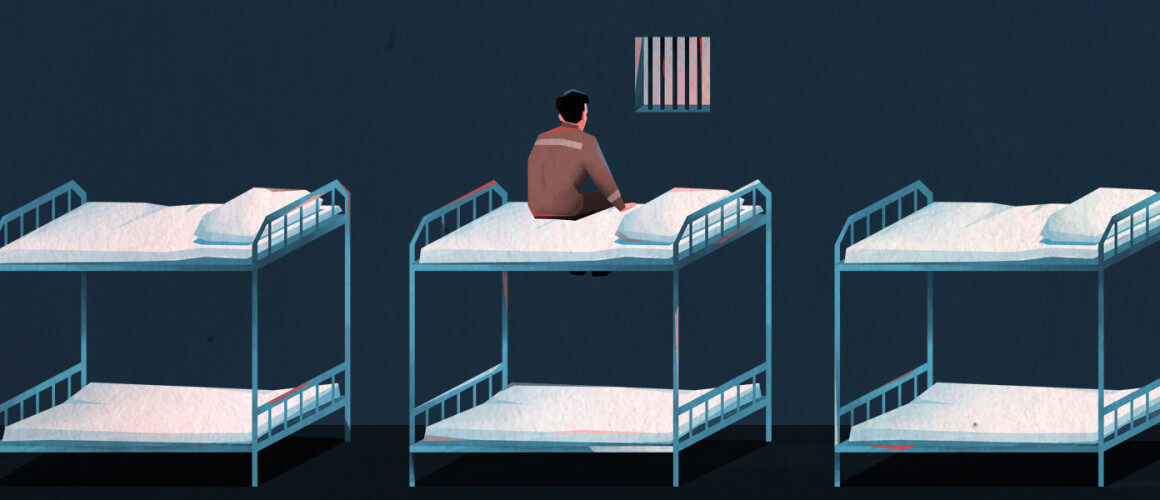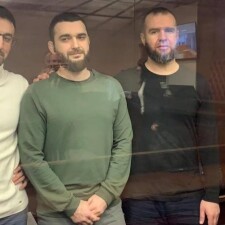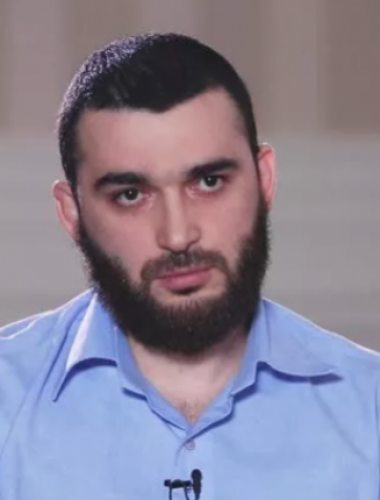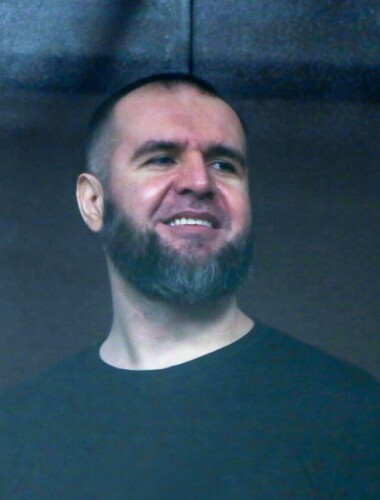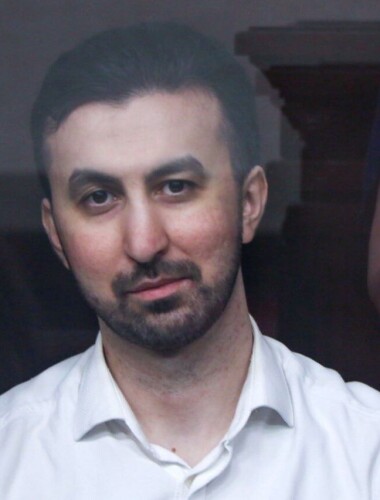Abubakar Rizvanov and Kemal Tambiev are political prisoners
Their charitable work in Dagestan was considered support for terrorism and both were sentenced to serve almost 20 years in a strict-regime penal colony
The ‘Political Prisoners. Memorial’ human rights project, in accordance with international standards, considers Abubakar Rizvanov and Kemal Tambiev political prisoners. Rizvanov and Tambiev were prosecuted and convicted on charges of ‘participation in a terrorist organisation’ and ‘financing terrorism through legitimate charitable work.’ Their criminal prosecution and conviction violated their rights to freedom of conscience and fair trial. We demand the immediate release of Abubakar Rizvanov and Kemal Tambiev, the quashing of their convictions, and an investigation into allegations of torture made by Tambiev.
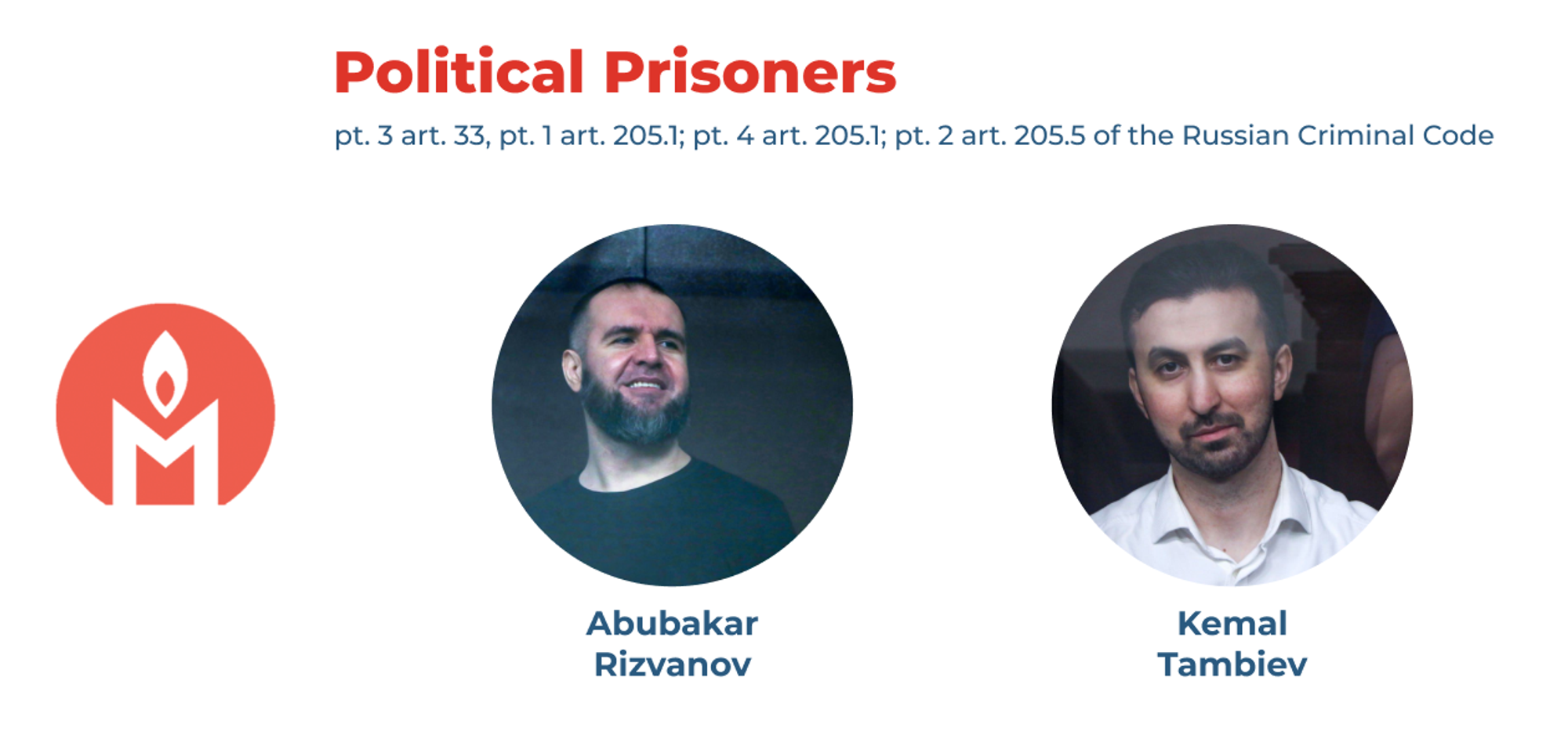
Who are Rizvanov and Tambiev and what were the charges against them?
Abubakar Rizvanov is a lawyer from Dagestan who organised the construction of a school for boys studying the Quran and co-founded the Ansar Foundation for Children. Kemal Tambiev is a graduate student at Bauman Moscow State Technical University and a businessman who founded the Amana charitable foundation and organised online fundraising to help orphans, people with serious illnesses, and Syrian refugees.
On 13 June 2019, a criminal investigation was initiated against 11 people, including Rizvanov and Tambiev. The next day all of them were detained and remanded in custody on charges of financing terrorists and participating in the activities of the Islamic State, an organisation banned in Russia. We have previously recognised another defendant in this case, the journalist Abdulmumin Gadzhiev, as a political prisoner.
According to the FSB, Rizvanov, Tambiev, and Gadzhiev, through personal bank accounts and charitable foundations, collected and transferred money ‘to assist illegal armed groups’ of ISIS both in Syria and in Russia. At the same time, the school for the study of the Quran allegedly ‘fulfilled the role of ideological and material support for militants.’ According to the investigative authorities, the school was used to instil radical religious ideology and children of terrorists who had been killed lived and studied at the school free of charge at the expense of the foundations.
On 12 September 2023, a court found the defendants guilty of participating in the activities of a terrorist organisation (Article 205.5, Part 2, of the Russian Criminal Code) and organising the financing of terrorism (Article 205.1, Parts 1 & 4). All three were sentenced to long terms in a strict-regime penal colony, with the first seven years to be served in a cell-type prison: Rizvanov was sentenced to 18 years, Tambiev to 17.5 years and Gadzhiev to 17 years.
One of the judges on the panel that heard the case, Rizvan Zubairov, considered the charges unproven and wrote a dissenting opinion. He then resigned before the verdict was handed down.
Why do we consider Rizvanov and Tambiev political prisoners?
Following Judge Zubairov, we concluded that the guilt of those convicted had not been proven.
There is no evidence that the purpose of the school was to instil extremist ideology in children. Witnesses also reported that the foundations paid for the education of children from poor families, not members of the families of militants.
Nor did the trial prove that any funds were transferred to terrorists, rather than being spent on the stated purposes of the foundations and on everyday goods and services.
The verdict relies on the testimony of witnesses, including classified witnesses, who expressed nothing more than speculation based on the words of third parties, as well as on Tambiev’s testimony during the investigation. However, Tambiev stated in court that his testimony was given under torture and in the absence of a lawyer.
The guilty verdict was therefore based on unproven assumptions and profound doubts remain about the guilt of the accused.
This criminal prosecution is yet another example of the simulation of work to combat terrorism by Russia’s security agencies.
A detailed description of the cases of Abubakar Rizvanov and Kemal Tambiev and our position are available on our website.
Recognition of an individual as a political prisoner does not imply the ‘Political Prisoners. Memorial’ human rights project agrees with, or approves, their views, statements, or actions.
How can you help?
You can write to Rizvanov, Tambiev, and Gadzhiev at the following address:
In Russian: 346408, Ростовская область, г. Новочеркасск, ул. Украинская, д. 1, СИЗО-3 ГУФСИН России по Ростовской области, Гаджиеву Абдулмумину Хабибовичу, 1984 г. р., Ризванову Абубакару Сахратулаевичу, 1984 г. р., Тамбиеву Кемалу Шамилевичу, 1991 г. р.
In English: Abdulmumin Khabibovich Gadzhiev (born 1984), Abubakar Sakhratulaevich Rizvanov (born 1984), Kemal Shamilevich Tambiev (born 1991), Remand Prison No. 3, Federal Penitentiary Service of Russia for Rostov Oblast, 1 Ukrainskaya Street, Novocherkassk, Rostov Oblast, 346408, Russia.
You can send an email via Zonatelecom (Russian bank cards), PrisonMail (other bank cards), or OVD-Info (free of charge).
Please note that letters in languages other than Russian are highly unlikely to reach the recipient.
You can donate to support all political prisoners in Russia.
